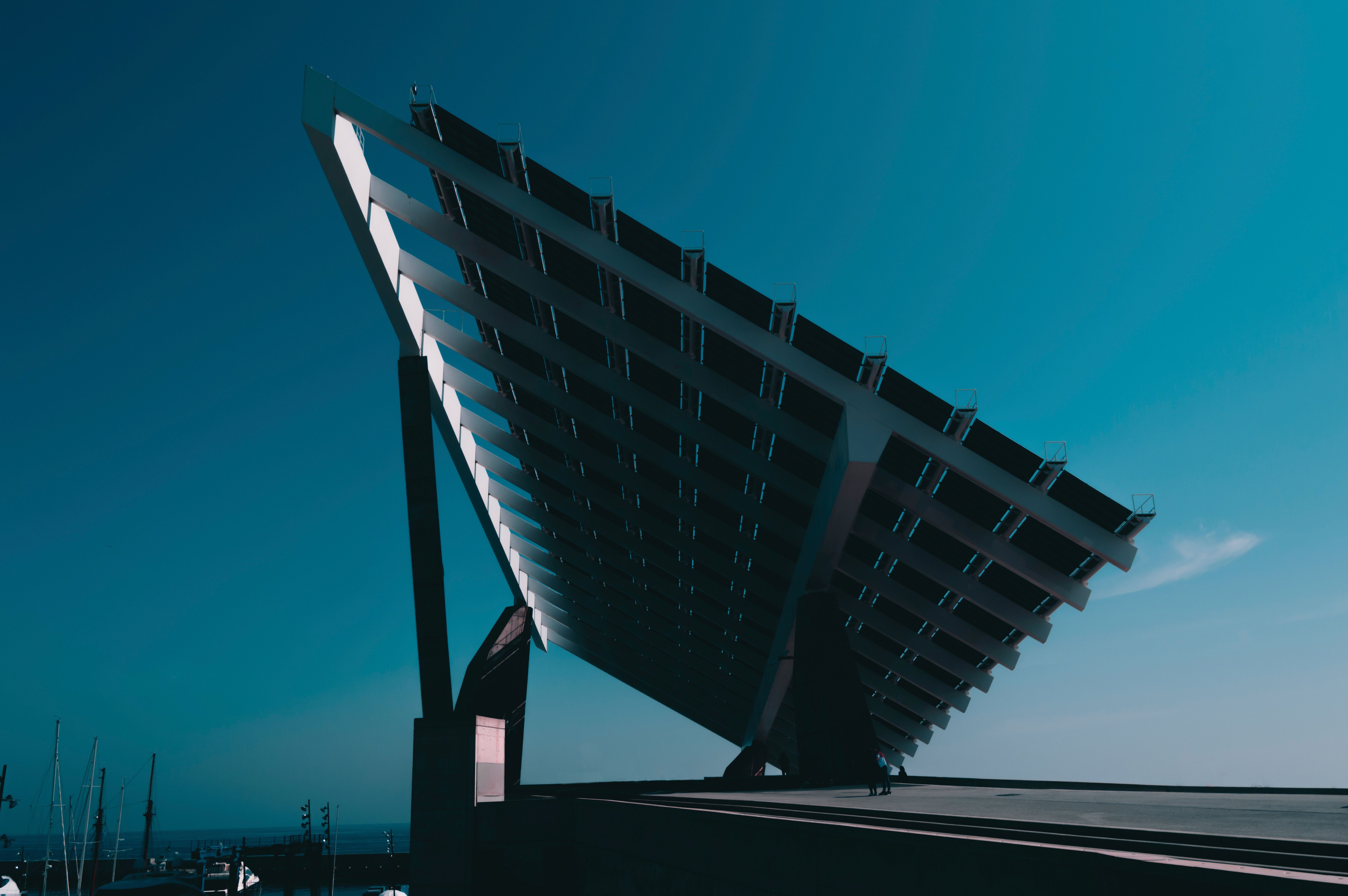Modified bacteria could make solar panels more reliable
As the planet’s fuel sources for generating electricity become more and more limited, countries are being urged to turn to sustainable sources of electricity, such as solar-powered or wind-generated. The issue with this is that currently each of these sources may not be reliable – as we all know, Britain’s got some pretty temperamental weather patterns, and so employing a nation-wide dependence on the sun for all things electrical may not be the best idea. Until now.
Researchers at the University of British Columbia (UBC) have found a cheap, sustainable way to build a solar cell using bacteria that converts light to a different form of energy – one that can be utilised to supply us with electricity on a nation-wide level.
Countries are being urged to turn to sustainable sources of electricity, such as solar-powered or wind-generated
Hang on, you just said that solar-energy isn’t feasible in the UK, what with the constant flux in weather, I hear you say. The researchers’ innovative solar cell generated a current stronger than any previously recorded from such a device and was able to produce this current as efficiently in dim light (a cloudy day) as in bright light. With further development, these “biogenic” solar cells could become as efficient as the synthetic cells used in conventional solar panels.
Solar cells are the components of solar panels, the part of the panel that converts photons to an electrical current. Previous work to build biogenic solar cells has focused on extracting the natural chemicals that bacteria use for photosynthesis. It’s a complex and expensive process involving the use of toxic solvents, which eventually causes the degradation of the chemicals.
With further development, these “biogenic” solar cells could become as efficient as the synthetic cells used in conventional solar panels
The UBC researchers’ solution was to leave the chemicals in the bacteria, where they would be protected. They genetically engineered E. coli to produce large amounts of lycopene, a compound that gives tomatoes their red colour and is particularly effective at capturing photons for conversion to electricity. The researches coated these modified E. coli bacteria with a semiconductor and spread them along a glass surface. They generated a current density of 0.686 milliamps per square centimetre, an improvement by 0.324 milliamps produced by previous efforts.
“We recorded the highest current density for a biogenic solar cell,” said Vikramaditya Yadav, a professor in UBC’s Department of Chemical and Biological Engineering who led the project. “These hybrid materials that we are developing can be manufactured economically and sustainably, and, with sufficient optimization, could perform at comparable efficiencies as conventional solar cells.”
They genetically engineered E. coli to produce large amounts of lycopene, a compound that gives tomatoes their red colour and is particularly effective at capturing photons for conversion to electricity
As well as being applied for use in solar-powered electricity generation, biogenic cells, such as the genetically engineered E. coli cells Yadav and his team created, have potential applications in He added that there are other potential mining, deep-sea exploration and other low-light environments.
Research like that conducted by the UBC is fundamental for the combatting of climate change and global warming. Fossil fuels — coal, oil and, natural gas — are major contributors to climate change, accounting for the vast majority of greenhouse gas emissions. They’re also one of the main culprits polluting our air, water and soil. Renewable energy sources produce little or no waste products, and thus has minimal impact on the environment and the health of all living things on the planet. Yadav’s team and the research they conduct is a huge step in the right direction in the salvation of this planet’s global crisis.

Comments